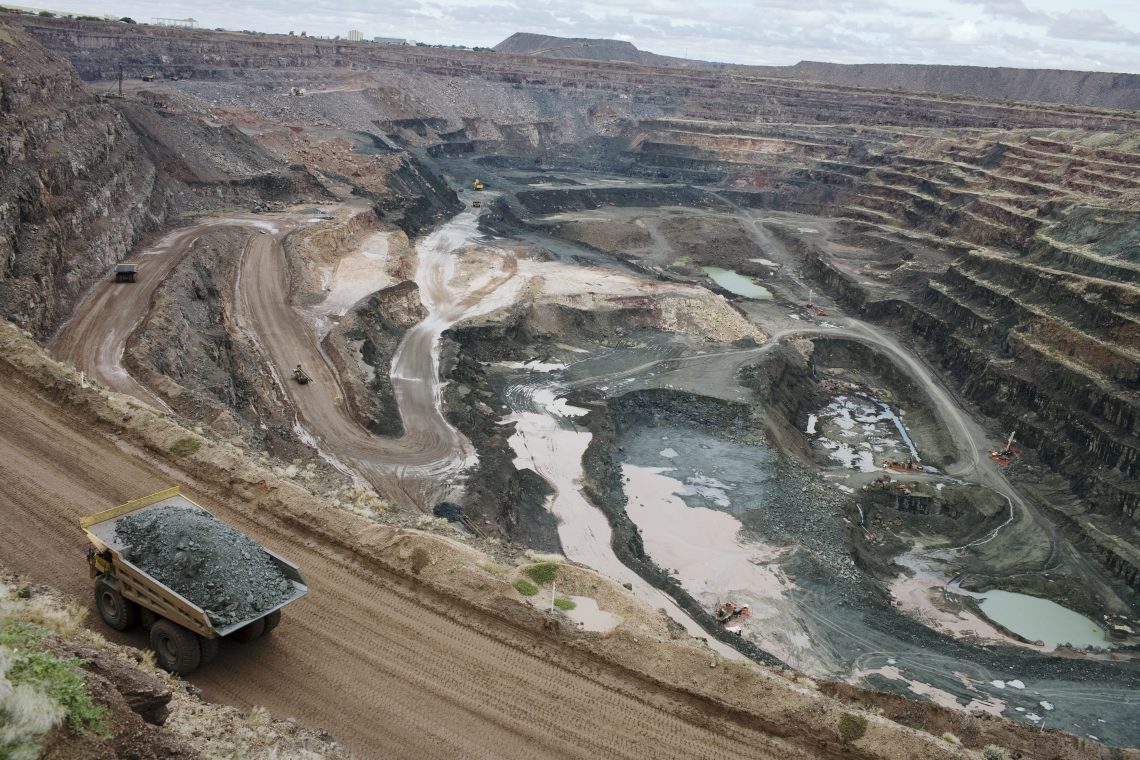Mining Other

Africa’s resource nationalism - Trend or transformation?

By: Geopolitics intelligence center
In February, the government of Botswana and the South African-British mining giant De Beers signed a historic agreement that marked a new future for both sides. The deal had been in the making for six years. At one point, politicians, recognizing its significance to voters, made its conclusion a campaign promise. Yet, many in Botswana believed they were receiving less than they deserved in the mining deal that allowed De Beers to exploit some of the world’s richest diamond fields.
As part of the deal, Botswana, through its state-owned interests, will now retain 30 percent of all rough diamonds produced from a joint venture with De Beers. Previously, the country was entitled to 25 percent. In the next five years, Botswana’s share of the stones is expected to increase to 40 percent. The mining company will also invest an initial $75 million in a program called Diamonds for Development Fund. In return, De Beers will have its mining licenses extended to 2054, securing its right to extract resources for at least 29 years.
The Botswana agreement is one of the many deals being struck or discussed across Africa, a phenomenon often referred to as the “new resource nationalism.” In several countries, governments are seeking innovative ways to maximize gains from resource extraction. They have questioned long-standing deals and emphasized the need for renegotiation and a paradigm shift in new agreements.
Through resource nationalism, African economies aim to prioritize ownership of resources by increasing their interests and control, as well as the overall benefits to the state. Countries are employing various strategies such as value addition, tax reforms, local content requirements (domestic engagement), increased stakes and royalties, larger carried interests (profit sharing) and partnerships to achieve these objectives.












